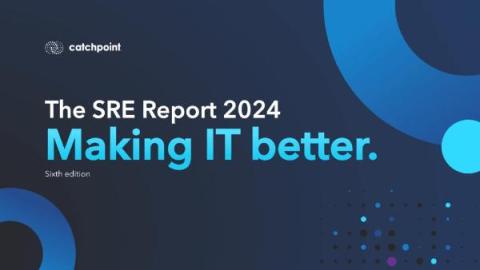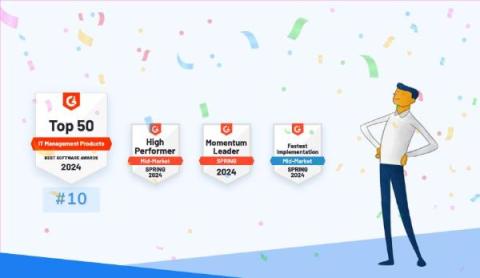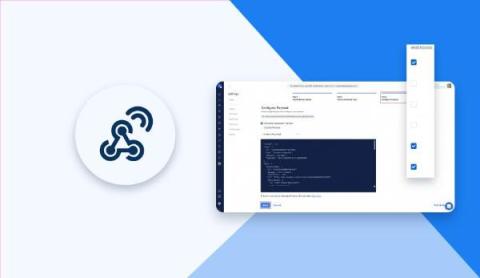Beyond SLAs: Rethinking Service Level Objectives in Incident Response
In the context of IT service management, Service Level Agreements (SLAs) have long been the cornerstone for measuring and ensuring the quality of services provided to customers. However, as technology evolves and incidents become more complex, relying solely on SLAs may not be sufficient. This is where Service Level Objectives (SLOs) come into play, offering a more nuanced approach to Incident Response.











